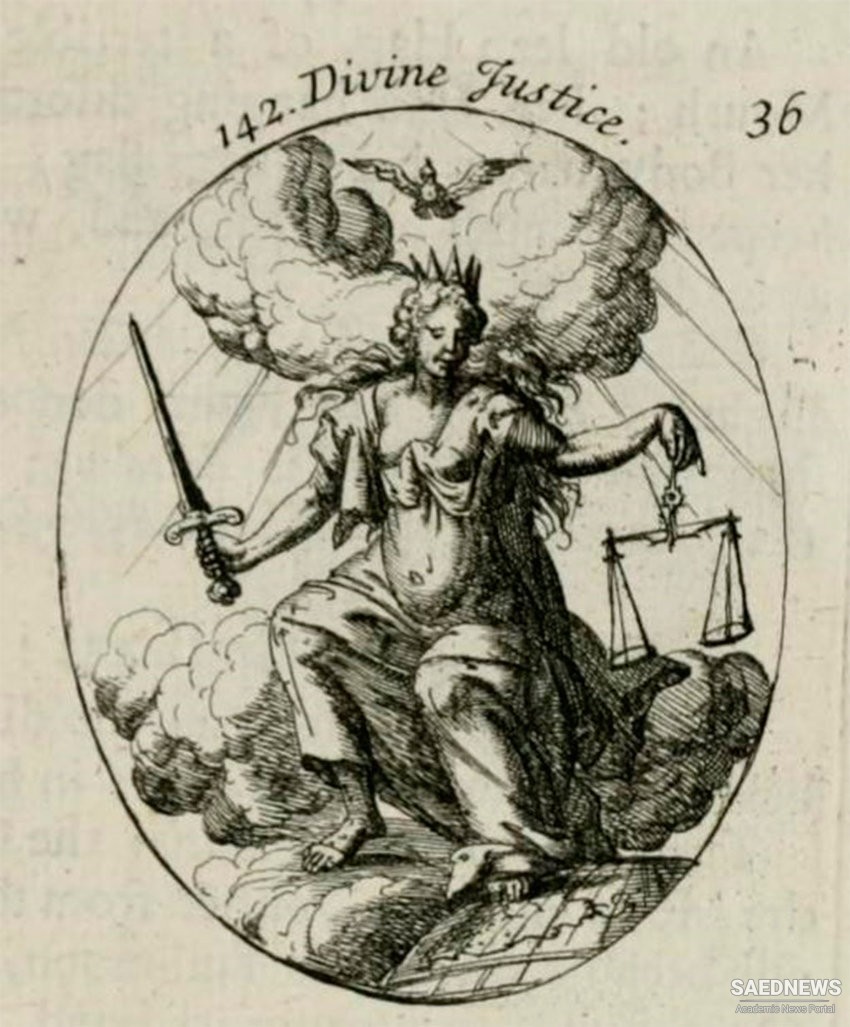With few exceptions, millennial movements in Western religious traditions acquired a distinct socio-cultural dimension discernable in their social composition as well as in their explicit, or dormant, social message. Almost invariably they are socially inclusive movements which tend to break across class and other social barriers and create a momentary spirit of unity and equity within the community of believers. Anticipation of some form of divine judgment, though based on individual, rather than collective, deeds and misdeeds, is often translatable into a message of social justice. Moreover, the ultimate test of salvation in the anticipated Last Judgment is adherence and loyalty to the messianic upholder of the truth, an act of individual choice, rather than to the deeds of one’s ancestors, tribe, or community. Individual choice, however, is curtailed by an intense sense of group identity which enacts and fulfills the scripted prophecies. This uneasy mix of voluntary choice and collective destiny has often been a source of attraction to the deprived – whether perceived or real – the underprivileged, the marginalized, and the socially exiled. Promises of plenty and justice, or more likely vengeance, abound in apocalyptic literature, combined with ideals of love and sexual liberty, the breaking of gender barriers, prosperity and immortality, offering a collective consciousness that is grounded in shared memories. Predictably, any millenarian melting pot rendered an ethnic, occupational, and class amalgam with the implicit leitmotifs of modern nationhood and even conscious nationalism.


 Middle Eastern Religions and Idea of Apocalyptic Millennialism
Middle Eastern Religions and Idea of Apocalyptic Millennialism














































